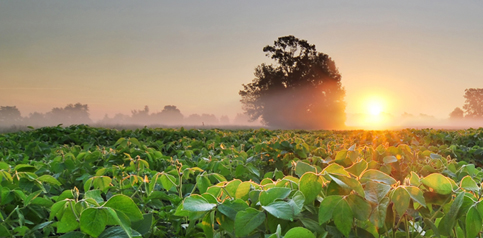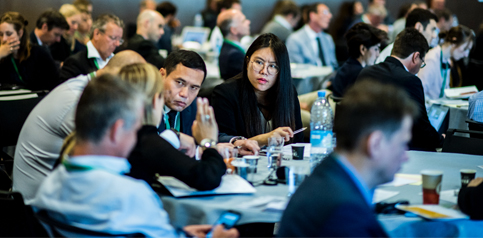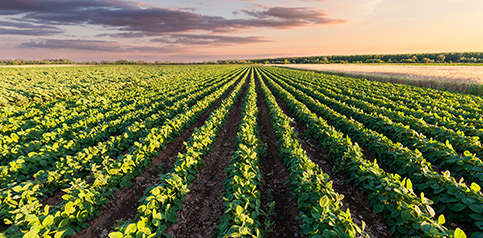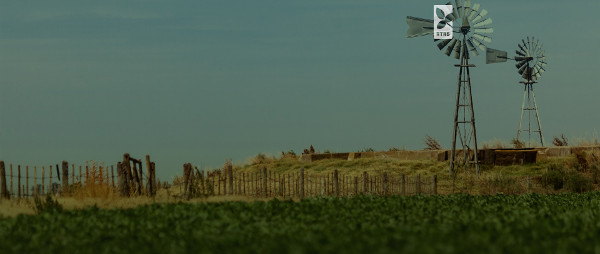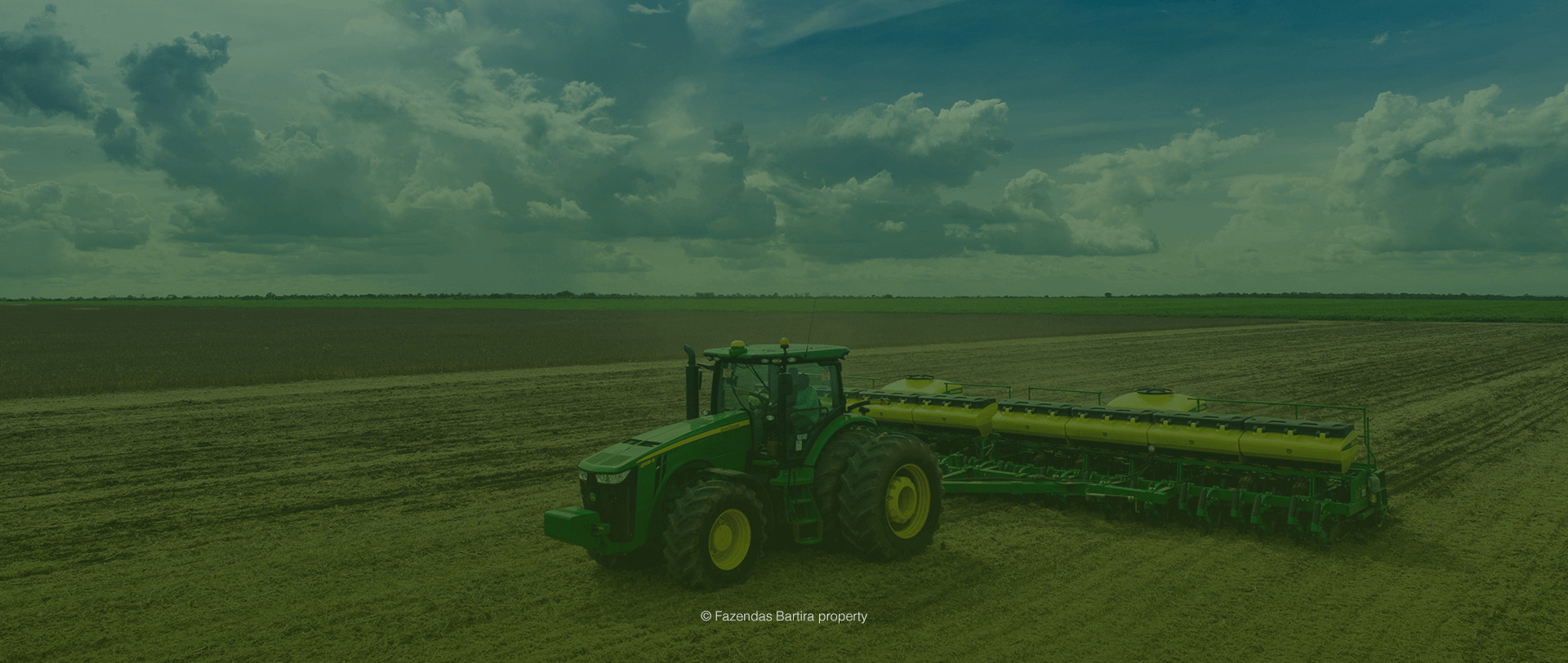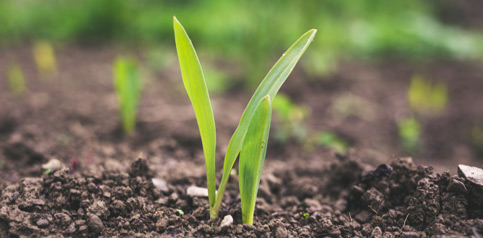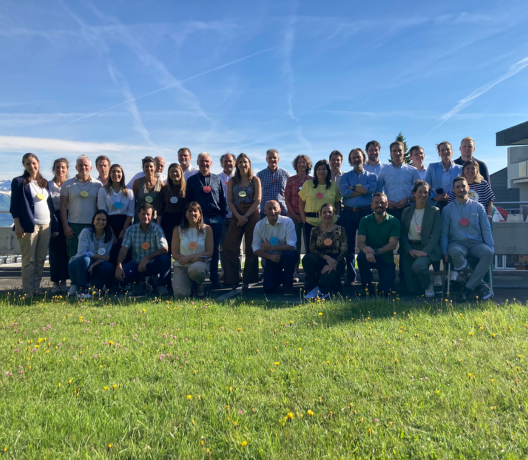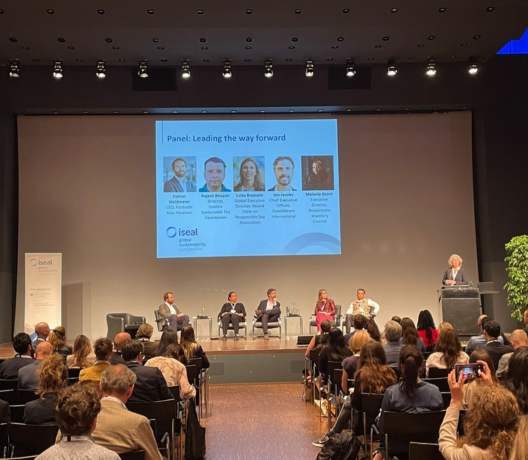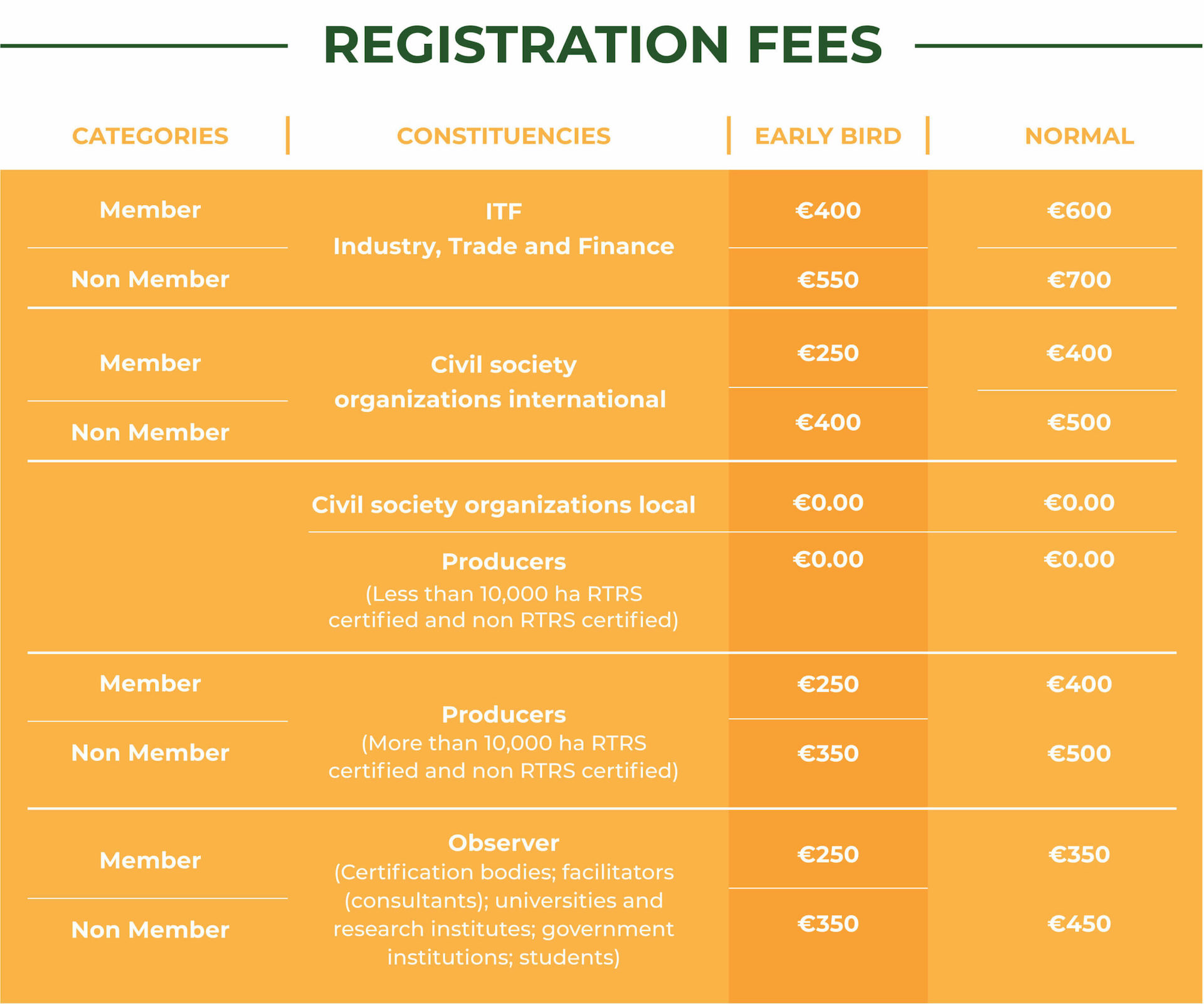RTRS Comments about Greenpeace report on voluntary certifications
Voluntary certification schemes, as part of a multi-stakeholder approach, are an important part of the solution but cannot be viewed as the silver bullet to tackle the deforestation challenge
The Round Table on Responsible Soy Association (RTRS) has paid great attention to the concerns outlined in the latest Greenpeace International report ‘Destruction: Certified’ related to the role of voluntary certification schemes in preventing deforestation and help tackle climate change.
While RTRS is pleased to see a dedicated report on this important topic, and the recognition by Greenpeace that not all sustainability standards are the same, we believe the full contribution and potential of voluntary certification schemes should be interpret in a broader context, as a complementary instrument in a mix of more comprehensive and representative multisectoral approach.
That certification is the only approach or solution to deliver deforestation free supply chains and help tackle climate change is no longer a sustained assumption. RTRS believes that by looking at the certification initiatives in isolation, much of their impact is under-valued. As such, the report is attributing the responsibility for halting deforestation to the individual schemes, without taking into consideration the broader framework these schemes operate in.
- Certification as a single approach or tool can simply not address the global environmental challenges such as deforestation, biodiversity loss or climate change. RTRS is strongly aware of this, which is why it is putting its focus on bringing together organisations from across the entire soy supply chain, as well as governments, NGOs and consumers in a dialogue around responsible soy production, trade and use, and placing great importance on participating in relevant conversations and initiatives in a broader global discussion framework (e.g. RTRS is member of the European Commission’s Platform for multi-stakeholder dialogue on deforestation, forest degradation).
- Certification is a robust and trustworthy tool that can be used to reduce the negative environmental and social consequences of the production and use of forest-risk commodities such as soy, but it can only be part of a transformation process on the ground and in supply chains when used complementary in a multi-sectoral approach.
- There is an increased recognition that integrating voluntary certification schemes as complementary instruments in comprehensive approaches can support governments in achieving their sustainability goals, as seen across initiatives under the European Green Deal, among others.
Next to the need for a broader focus, that stops looking at certification in isolation, RTRS believes there needs to be a greater focus on ensuring a significant uptake of certified soy to have a bigger impact on deforestation in producer countries and tackle the issue of imported deforestation around the globe. Incentives and economic instruments will be key to motivate farmers’ in producing countries and actors of the supply chain efforts to produce and conserve.
RTRS offers a robustly implemented and independently third-party verified voluntary Standard for Responsible Soy Production with zero deforestation and zero conversion explicitly stated in its criteria. This means that no conversion of any natural land (natural wetlands, grasslands, cerrado, among others), steep slopes and areas designated by law to serve the purpose of native conservation and/or cultural and social protection is allowed[1]. The Standard, additionally, guarantees responsible business and agricultural practices, preserving biodiversity, soil and water and protecting human and workers’ rights, all while respecting the customs and cultures of indigenous peoples and improving the well-being of local communities.
All organizations coexisting in this ecosystem have a valuable role to play. RTRS assumes with great responsibility its role in the global soybean supply chain as a multi-stakeholder roundtable and as an owner of certification schemes. Our priority in this stringent context is keeping our commitment to the correct execution and compliance of the procedures that make RTRS a credible and transparent seal; for instance, the correct adoption of RTRS certification schemes (Production and Chain of Custody) ruled by one of the most robust and trustworthy Accreditation and Certification system, in place[2].
RTRS welcomes all initiatives developed to promote and accelerate stages and steps towards responsible soy production, trade and use. This is part of the continuous improvement markets` aspiration in which all the organisations in the soy value chain should be involved. RTRS believes working together in a combined approach is essential to achieve truly sustainable soy value chains and is looking forward to engaging further with all stakeholders involved.
Note from RTRS:
The Greenpeace report has some significant shortcomings and factual mistakes related to the RTRS certification scheme, which had been discussed with Greenpeace prior to publication. Unfortunately, these inaccuracies were not addressed in the final report. A detailed list of clarifications can be found here.
[1] RTRS criteria indicates that no deforestation could have happened in a RTRS certified farm after May 2009 and, in addition, after 3rd June 2016, no conversion is allowed in any natural land.
[2] Commissioned by IUCN and published in 2019, Profundo´s benchmark “Setting the bar for deforestation-free soy in Europe. A benchmark to assess the suitability of voluntary standard systems”, concludes that among eight standards, RTRS come out as one of the top for including the largest number of provisions on forests, wetlands and biodiversity protection, in combination with a high level of assurance.


